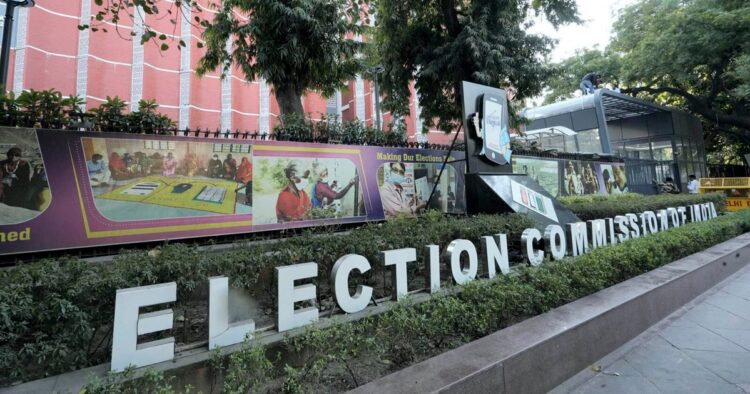The Election Commission of India has taken a significant step towards transparency in political funding by releasing data linking donors with political parties who received their contributions through electoral bonds. The data, submitted by the State Bank of India in compliance with a Supreme Court directive, was made public on the Commission’s website today.
Earlier, the State Bank of India had submitted two lists to the Election Commission, which were subsequently released on March 14. The latest update includes detailed information about donors, the bonds they purchased (including denomination and specific numbers), as well as the recipient political parties.
In its statement, the Election Commission emphasized that it has uploaded the electoral bond data on its website “as is where is basis”, meaning the information has been presented exactly as received from the State Bank of India. This move aligns with the Commission’s commitment to transparency and accountability in electoral processes.
The donor list now includes the name of the bond purchaser along with specific details of the bond purchased. On the recipient side, the data reveals the political party that encashed the bond, along with the last four digits of their bank account number. Additionally, details of the denomination and unique number of the bond encashed are provided for each transaction.
However, it’s worth noting that the State Bank of India has withheld complete bank account numbers and KYC (Know Your Customer) details of the political parties that redeemed the bonds, citing security reasons. They argue that such information is not necessary for the identification of political parties.
This development marks a significant milestone in efforts to enhance transparency in political funding, a longstanding issue in Bharat. By making this data publicly accessible, the Election Commission aims to foster greater accountability and trust in the democratic process.
The release of electoral bond data is a crucial step towards ensuring that the public has access to information about the financial transactions underlying political campaigns. It allows citizens to better understand the flow of money in politics and hold parties accountable for their funding sources and expenditure.
Moving forward, stakeholders and policymakers will likely analyze this data to assess the effectiveness of electoral bonds in promoting transparency and reducing the influence of illicit money in politics. The Election Commission’s proactive approach in complying with the Supreme Court’s directive sets a precedent for transparent electoral practices in India.

















Comments